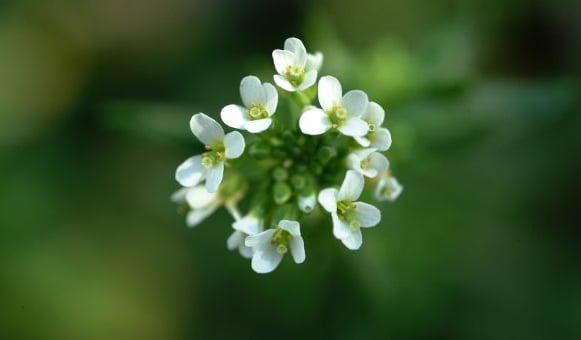The Role of Microbiota in Plant Autoimmune
MICROBIOLOGY
9/26/2024
Plants, like humans, can also suffer from autoimmune diseases! In a study published in Nature Plants in September 2024, researchers from Duke University successfully identified mutant plants that exhibit active immune responses even in the absence of pathogen infection. The study revealed that the gene TIP GROWTH DEFECTIVE 1 (TIP1), which encodes the enzyme S-acyltransferase, plays a key role in plant autoimmune symptoms. Experimental results showed that the autoimmune response in the leaves of Arabidopsis tip1 mutants is influenced by an imbalance in the microbiota. However, autoimmune mutants resulting from mutations in the Nucleotide-Binding Leucine-Rich Repeat (NLR) genes do not require the presence of microbiota; in fact, microbiota presence can alleviate autoimmune symptoms. These findings suggest that there are at least two classes of autoimmunity in plants and further highlight the complexity of the relationship between microbiota and host immunity.


